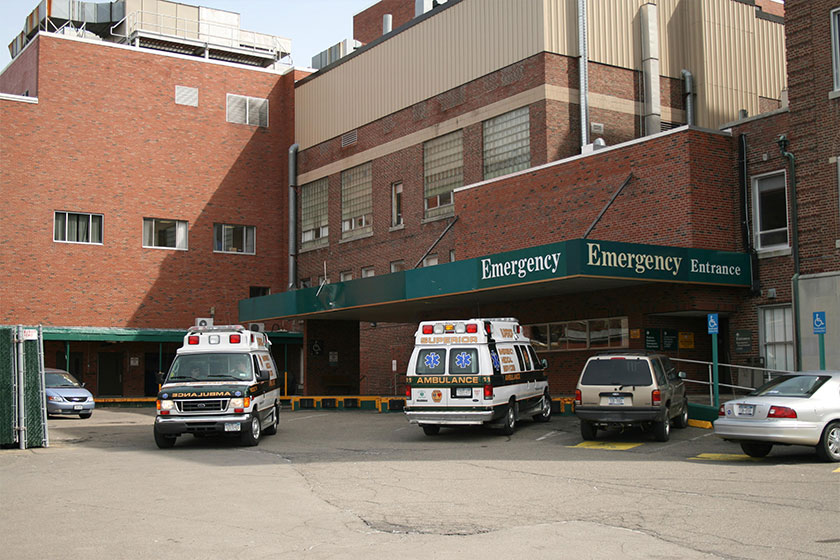Hospital readmissions can be challenging for residents and their family members, particularly when dealing with a condition as intricate as dementia. In Norfolk, VA, the emphasis on preventive measures and specialized services for dementia has seen remarkable success in curbing unnecessary hospital returns. At the heart of this success lies the commitment of retirement communities and their dedicated teams. By understanding the role that dementia services in Norfolk, VA play, we gain insight into how these readmissions can be minimized or even eradicated.
Understanding Dementia and Its Challenges
Dementia is not a single disease but a collective term used to describe a range of symptoms affecting memory, social and thinking abilities enough to interfere with everyday activities. The journey of a person with dementia can be unpredictable, often requiring specialized care and attention. For residents within a retirement community in Virginia, the environment plays a significant role in their well-being. If not handled correctly, sudden changes, unfamiliar surroundings, or lack of routine can lead to distress, potentially resulting in hospital admissions.
The Role of Retirement Communities in Dementia Care
Retirement communities in Virginia have risen to the challenge, offering specialized dementia care services that cater to the unique needs of their residents. These communities provide a structured routine, familiar settings, and personalized care plans designed by experienced teams. The environment is curated to be calming and stimulating, incorporating activities that are both engaging and therapeutic.
Moreover, the importance of family involvement cannot be overstated. Retirement communities encourage regular visits from family members and loved ones, ensuring that the resident feels connected, valued, and understood. This sense of belonging and recognition plays a pivotal role in reducing the risk of behavioral issues that might lead to hospital admissions.
Training and Expertise of Teams
One of the standout features of dementia services in Virginia is the caliber and dedication of the teams involved. These team members undergo rigorous training to understand the nuances of dementia care. Their approach is resident-centric, ensuring that the individual’s needs, preferences, and history shape the care they receive.
By focusing on continuous learning and fostering a culture of empathy, these teams can anticipate potential challenges and intervene before they escalate. This proactive approach, combined with their expertise, ensures that residents receive the best possible care, reducing the need for external medical interventions.
Collaboration with Healthcare Professionals
Dementia services don’t operate in isolation. Retirement communities collaborate closely with a network of healthcare professionals, from general practitioners to specialists in neurology. This collaboration ensures that any medical needs are addressed promptly and efficiently.
Regular health checks, medication management, and access to therapy are integral parts of the service. By having healthcare professionals in close proximity or on-call, the time between identifying a concern and addressing it is minimized. This swift action not only improves the quality of life for the resident but also reduces the likelihood of situations escalating to the point of hospital readmission.
The Broader Impact on the Community
The ripple effects of efficient dementia services extend beyond just the residents. Family members find peace of mind knowing that their loved ones are in capable hands. They can actively participate in their care without the constant worry of potential hospital readmissions. For the wider community in Virginia, this means reduced strain on hospital resources and a more integrated approach to elder care.






